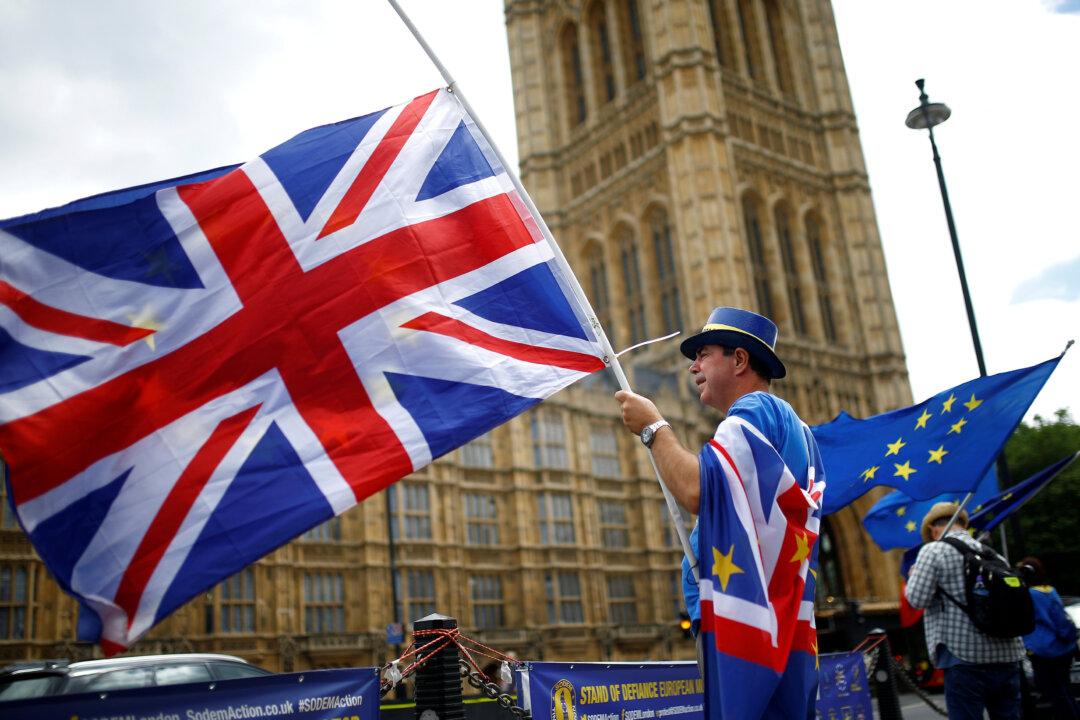Hajime Nishi emanated a sense of contentment and peace of mind as he sat down, wearing a deep blue and yellow sports top.
It was the day before the Eco-Slow Marathon, an event Nishi has organised in Inba, Japan for 5 years.
The marathon encourages participants to run at their own pace, as slow as you like, to pick up rubbish along the way and cheer each other on, with all proceeds going to the 2011 Japan earthquake victims.
The marathon is in line with Nishi’s philosophy of slow running, to be in harmony with nature and not to be confined by time.
“Running for me is a chance to relax, enjoy, meditate and stop,” he said.
“If you run for time, someone may be one second faster than you next week, you will never win, you become a slave of time. If you go slowly, you’re always a winner.”
The Guinness Book of Records verified Nishi as the first person to run seven marathons in seven continents in seven months in 1997.
“This was an accident. I was the slowest in every race,” he said, breaking into laughter. “But it was the first time this was done.”
The 66 year old Japanese man has so far run “only 676” marathons. His “worst fastest” time is 3 hours 45 minutes; his “best slowest” time is 11 hours 32 minutes.
This year my husband and I participated in our first half-marathon at the Eco-Slow Marathon Inba on April 5th. It was not just a sports event, but a chance to meet people, a place for positive cultural exchange and environmental awareness.
Events for the marathon started from the day before, including an Eco Slow Summit - the first of its kind - where participants from around the world shared their thoughts on the environment and their running experiences.
What stood out about this run was that everyone brought their own water bottle - there were stopping points along the way where you could fill up your bottle. No one threw away their rubbish - instead, if anyone saw any plastic bottles or rubbish on the ground they picked it up. In 2014, around 195 runners picked up 240kg of rubbish enroute; this year around 300 runners picked up 318kg. Perhaps a stark contrast to other marathons around the world.
For Nishi, running opened up his mind.
“Through my running experience I found that humans are the same. If I was treated well I feel happy. If I was treated bad I feel bad.”
“It has helped me communicate with people who don’t speak my language or English.”
Nishi’s life changing moment came in 1988, when his wife, 38, passed away.
“I used to think working hard and making money was the most important thing,” he said. “After I lost my wife, I had something missing.”
In the Summer of 1990 he attended personal growth seminars at the Esalen Institute in Big Sur, California. Inspired by the workshops, Nishi decided to run his first marathon that December, which he completed at the age of 41 in Honolulu. He said he felt energetic afterwards.
“After my first marathon, I wanted to run faster and faster,” he said. “Then I asked myself: ‘How fast will be enough for me?’ I found it was not so fun. I was more interested to see different parts of the world.”
This is when he decided to change his style and started to run slowly.
“Some people rely on alcohol or drugs. I find my brain the most active when I run slowly. It is the most healthy way.”
His eco-slow philosophy was also inspired by the Marathon Monks of Mount Hiei, near where Nishi grew up in North Eastern Kyoto. The monks run every day for 100 days in search of enlightenment.
Nishi’s mid-term goal is to run 1000 marathons before he is 100 years old
“I can’t do 1000 marathons in 1000 days, but I can do 1000 marathons in 60 years,” he said.
During this year’s Eco-Slow run, it was drizzling and overcast, but the scenery was beautiful and the cherry blossoms had flowered; at the half way point there was a 300 year old cherry blossom tree.
We spent the first half of the course talking while running with two ladies we met along the way. Then, for the last 2km we shouted out words of encouragement to each other to keep going. We knew we were on the same boat, enduring a similar challenge.
Nishi’s advice to first time marathoners is: “Listen to your body, listen to yourself. Don’t play tough guy.”
“Finishing a marathon is 80 percent mental, 10 percent physical, 5 percent nutrition and 5 percent other, such as good shoes,” he said.
Nishi has a vision to hold the Eco-Slow Marathon in his hometown of Kyoto in 2020, after the Tokyo Olympics.
He didn’t take part in the marathon at Inba on April 5th. “I'd like to run the Eco-Slow Marathon as my 1000th” he said, “so I have to wait a little longer.”





